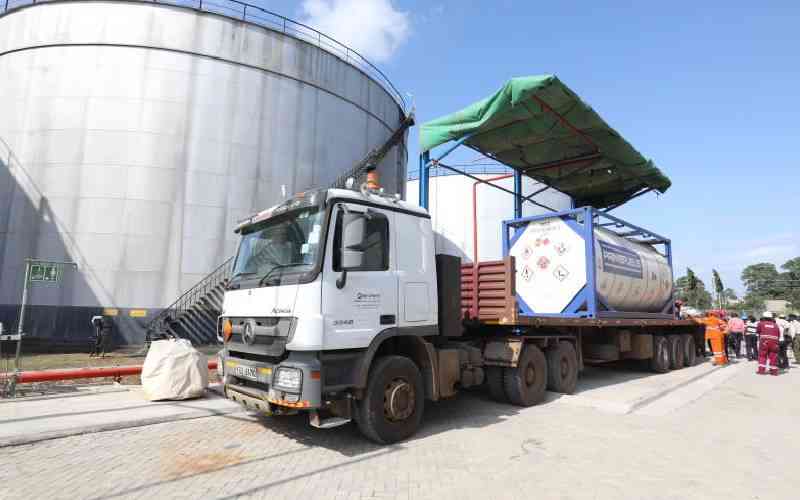×
The Standard e-Paper
Kenya’s Boldest Voice
From a hopeless continent in 2000 as referenced in the Economist, Africa is now the world’s newest and most promising business frontier and well on its way to becoming the hub of global growth.
At the first Global Entrepreneurship Summit (GES) 2015 in sub-Saharan Africa, which was held in Nairobi, Kenya, was a clear demonstration that Africa is on the move.






